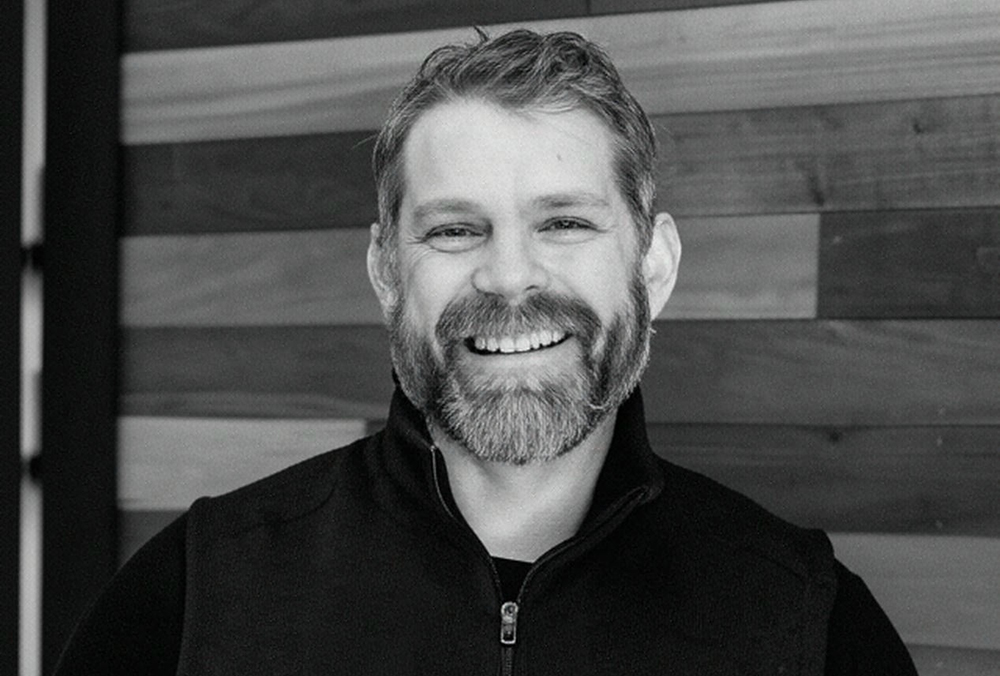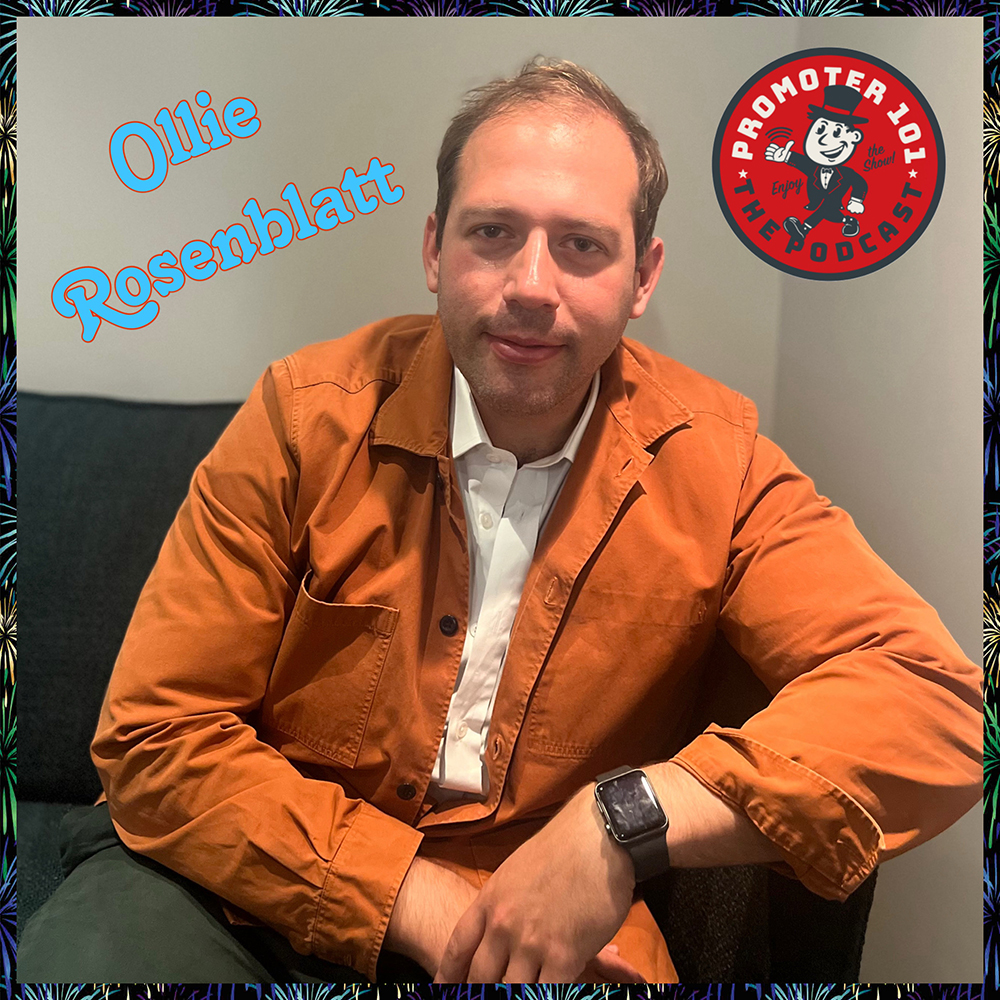
Just because everything's available, that does not mean anybody wants it.
In other words, you can get your song on iTunes, but nobody other than your mother and your boyfriend might buy it.
Furthermore, when you try and market it, you'll find resistance. A public hyped ad infinitum has a crap detector nonpareil, but it's even worse, you can't even get through to them, they delete your e-mail, they block you from having access.
It all comes down to distribution.
There are a limited number of television channels, a limited number of radio stations, and there used to be a limited number of records for sale. Not only could you not get your indie record into a store, if per chance you did, if it sold, you couldn't get paid. That was the power of the majors, their ability to get paid, their control of distribution.
And now distribution is completely flat in music. Anybody can offer their wares for sale and get paid. And the end result is everybody just wants the best stuff.
That's what we're doing online, all day long, searching for the best stuff.
We live in a winner take all society. Just look at the video game business. Huge winners and huge losers.
Now of course the flattening of distribution allows for niches to be populated that were hard to find or get to previously. But don't expect these niches to blow up. Yes, we've got niches and superstars. And expect more superstars down the line, it's human nature, we want to belong to the club, we want to be able to converse with others.
You've been sold a bill of goods. Excited by the Net, you bought the words of charlatans, who had no familiarity with art, who thought that the proletariat was now going to triumph.

You don't want to be taught calculus by a high school dropout. And now, online, you can find out everybody's CV, where they went to college, where they worked, the info is such that you can divine the winners.
It's tough for consumer goods. Everyone just goes online and sees what product to buy. Furthermore, it's hard to overcharge! With comparison sites fleshing out costs instantly.
And you can now find out what act is worth listening to instantly.
What's worse, so many bad acts have asked for attention that it's hard to penetrate the public, we're not interested when there's a little buzz, we only care when there's huge buzz!
Look online. There's one Google, one Amazon, one iTunes. Sure, there are competitors, but they're also-rans. Same deal in music. When the best are so accessible, we don't need the mediocre!
It's a race to the top. Now it's even harder to make it!
You can feel good that you're selling your CD and MP3s, but that does not mean you're going to make it.
If you want to play the Top Forty game, the major labels have a leg up, you can't get on radio without them, not radio that reaches anybody and means anything. The majors are a filter.
And in the rest of the world, it's every man for himself. And the only determining factor is quality.
You're a hobbyist, you're not a professional. If you're truly lucky, you might become a journeyman, able to pay your bills playing music. But if you're planning on being a star, you have to be incredibly good.

No one wants to hear this. Especially a generation brought up getting trophies for last place. Music is more cutthroat and competitive than ever before. The public is right there, on the other side of the computer, but it's almost impossible to get people to care.
If you're a great marketer, good at Facebook and Twitter, hire yourself out as such. Just because you can promote a product, that does not mean it's going to sell. Social media only works if the music is great.
Good is not good enough.
We're talking great. One listen great. Fifteen seconds great. Or something so left field that our friends tell us to give it five times through and we think it's the new "Dark Side Of The Moon".
Music is like America at large. There's the 1% and everybody else. You may think you can make it, but you can't. You're part of the 99%. You're a fan.
Sure, someone makes it into the 1%. You know who? Graduates of Ivy League schools who get jobs in finance and literally work 90 hours a week. Did you pay those dues, are you truly willing to work that hard?
Of course there are those who drop out of school, but are you as savvy as Steve Jobs and Bill Gates? Do your colleagues look at you with awe, are they rendered speechless when you play? If not, you're not gonna make it. Sorry.
Not only do you have to have the skills, you have to be able to innovate. It's like getting a position with the New York Philharmonic and being able to write the score too!
Just because you can buy a ticket, that does not mean you can win.
Everybody can play the lottery, but almost no one wins.
Almost no one wins making music. The odds are incredibly long. And if you think luck is key, you're never going to win. You make your own luck. Through hard work!
So good luck.
Know that no one wants to hear your music other than you and your relatives. It's ultimately got to be so good that people find you, as opposed to the opposite. Are you really that good?


























































